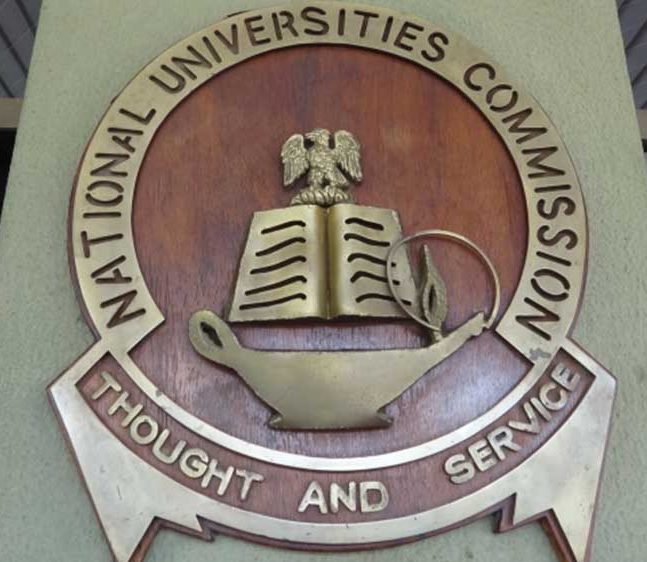The rapid advancement of digital technologies has revolutionized various sectors, and education is no exception. Digital learning has emerged as a powerful tool with the potential to transform education systems globally, fostering inclusivity, accessibility, and personalized learning experiences. Recognizing this transformative potential, Mr. Chris Maiyaki, the Deputy Executive Secretary of the National Universities Commission (NUC) in Nigeria, emphasized the need for increased investment in digital infrastructure to enhance digital learning within Nigerian universities. He underscored the importance of viewing digital learning not merely as a pursuit of certification, but as an empowering ladder that equips individuals with digital literacy, employability skills, and the capacity to contribute meaningfully to societal development.
Maiyaki’s call to action came during his keynote address at the maiden convocation of the Centre for Open, Distance and e-Learning (BUCODeL) at Babcock University. He stressed the pertinence of the topic “Digital Learning for Global Impact,” given the profound influence of digital technology on higher education both nationally and internationally. He advocated for continuous investment in digital infrastructure, encompassing broadband access, reliable power supply, and necessary hardware, to maintain Nigeria’s momentum in digital learning. Crucially, he asserted that digital learning should be accessible to all Nigerians, transcending its current perception as an urban luxury, and integrated as an essential learning tool across all Nigerian institutions.
Furthermore, Maiyaki emphasized the importance of capacity building for all staff members, equipping them with the digital skills required for effective online teaching and learner engagement. He encouraged collaboration between universities, government agencies, the private sector, and international partners to create a robust and dynamic digital education ecosystem. This collaborative approach, he argued, is essential for fostering innovation and driving the widespread adoption of digital learning practices.
Maiyaki’s address also served as a platform to commend the graduating students of BUCODeL for their dedication and academic accomplishments. He urged them to embrace their roles as architects of Nigeria’s digital future, emphasizing that their graduation marked not an end, but the beginning of a mission to influence, innovate, and impact the world through their acquired knowledge. He challenged them to become agents of change in their respective communities and industries, showcasing the transformative power of digital learning as a viable pathway to excellence.
Professor Ademola Tayo, the Vice-Chancellor of Babcock University, echoed Maiyaki’s sentiments, highlighting the crucial role of education in Africa’s future. He stressed the need to extend educational opportunities beyond young people to encompass the millions of adults currently excluded from formal education systems. Professor Tayo posited that Open and Distance Learning (ODL) offers the necessary infrastructure to scale learning across both urban and rural areas, enabling countries to accelerate human capital development. Increasing literacy rates, he argued, could serve as a catalyst for industrialization, enhanced productivity, and poverty reduction, with ODL playing a critical role in achieving these goals.
Finally, Professor Mobolanle Sotunsa, the Director of BUCODeL, provided context for the center’s growth and achievements. Starting with a modest cohort of 17 students in 2021, BUCODeL has expanded to encompass 446 students pursuing various programs, including Accounting, Computer Science, and MBA. Professor Sotunsa also outlined the center’s future plans, including the development of new programs in Nursing, Mass Communication, Public Health, and Education, with accreditation expected by the end of the year. Acknowledging the challenges faced by the center, such as limited funding and societal skepticism towards online learning, she celebrated the graduating students as the first fruits of BUCODeL’s vision, urging them to lead, innovate, and transform their communities using the knowledge and skills they acquired. The overarching message resonated throughout the convocation: digital learning holds immense potential for transforming education and empowering individuals to contribute to national and global development.


